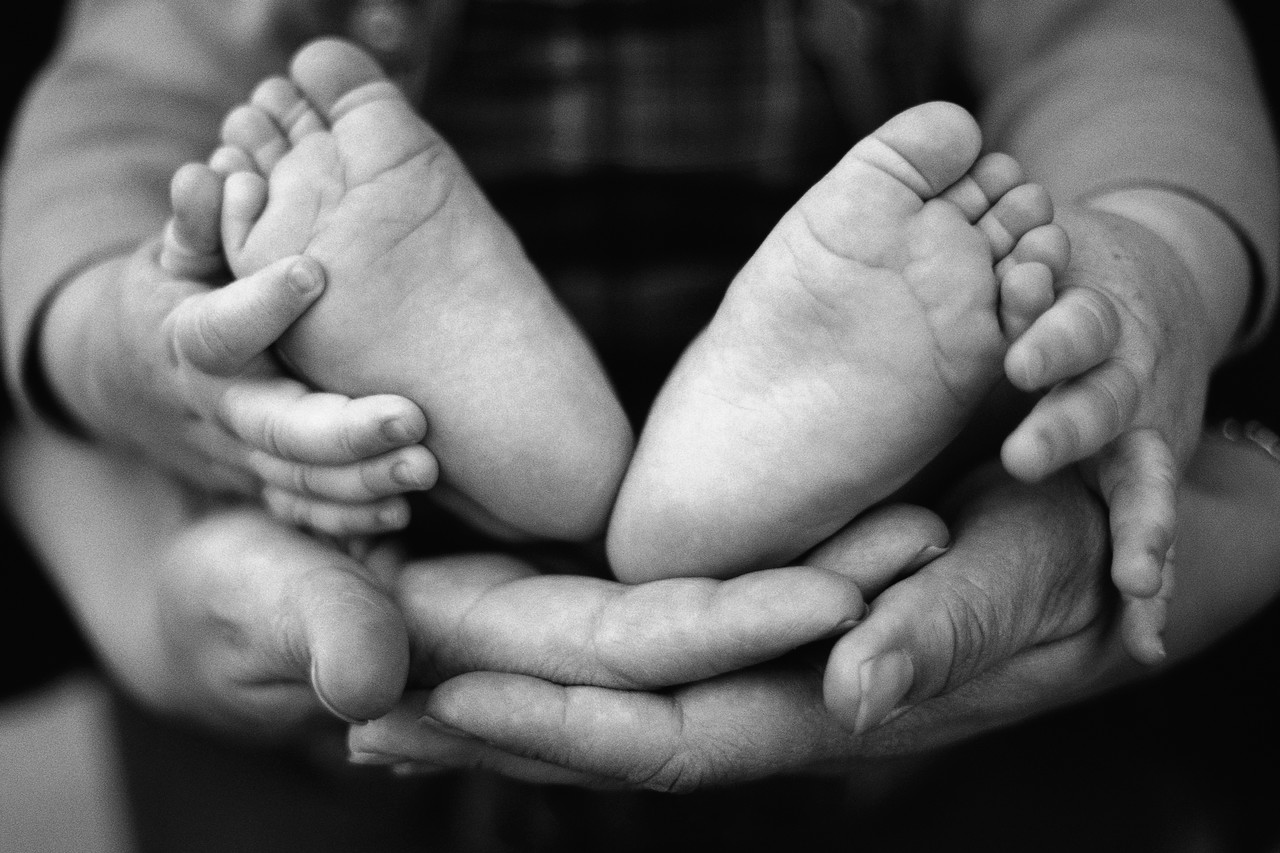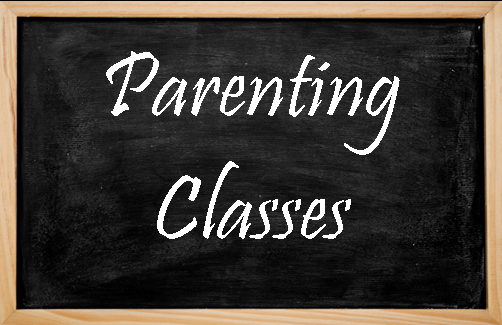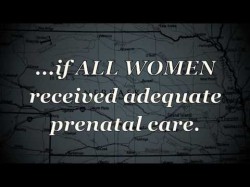Teen pregnancy support can be found in a number of different settings. This article has information on where teens can get teenage pregnancy support. Keep reading to find out how to get crisis pregnancy counseling, what education options are available to pregnant teens, and more.
Crisis Pregnancy Counseling
There are a number of organizations who offer crisis pregnancy counseling to teens. Two of the main ones, each with its own perspective, are Birthright and Planned Parenthood.
Birthright International offers assistance to teens through its toll-free number (800-550-4900), through face-to-face counseling at its many lcoations, and through its website http://www.birthright.org/ The goal of the organization is to help any girl or woman who is distressed because of an unplanned pregnancy. They claim to offer an unpressured opportunity to explore options.
Both on the Internet at http://www.plannedparenthood.org/info-for-teens/pregnancy-33811.asp and through local offices, Planned Parenthood also offers information and support for pregnant teens, ranging from pregnancy tests to discussion of options.
Help may also be available through a school nurse or the girl’s pediatrician
Education Opportunities for Pregnant Teens
Pregnant teens may do fine in the school that they are enrolled in, whether it is public or private, but other alternatives are available if necessary. The options for a teen who—because of medical or other reasons—leaves the school at which she was enrolled include:
- homeschooling through a program set up with the state department of education
- tutoring with an accredited educator
- distance learning through an accredited distance learning program
At least on charter school, Toledo, Ohio’s Polly Fox Academy, is designed to educate teens in grades 7 through 12 who are either pregnant or parenting. Parenting instruction is offered in addition to the academic courses a girl takes, as well as subsidized childcare and flexible class scheduling.
Residential Facilities for Pregnant Teens
A pregnant teen who is dealing with an additional serious physical or mental health issue—such as substance abuse, self injury, or a mood disorder—may be served by a therapeutic treatment program that is accredited to handle the co-occurrence of pregnancy and the other issue. A social worker, child welfare agency, health clinic, school, or the juvenile justice system may make the referral. For a girl who is still a teen, continuing her education may be an important issues, although perhaps not the most pressing. Nevertheless, it is worth considering whether an accredited educational program is included.
There are also residential treatment facilities for teens who just need a place to live, whether they’ve been asked to leave home, have come from a foster care situation, are in danger from abuse, or are homeless. Residential facilities for teens in these types of situations may or may not be able to handle therapeutic services (some offer mental health services), but may provide an on-site school, outreach to the baby’s father, parenting classes, and assistance after the child is born.
Support Groups for Pregnant Teens
A pregnant teen may find solace, comfort, information, support, and advice through a support group specially run for pregnant teens. Check your local area or ask a health care provider for a recommendation.







